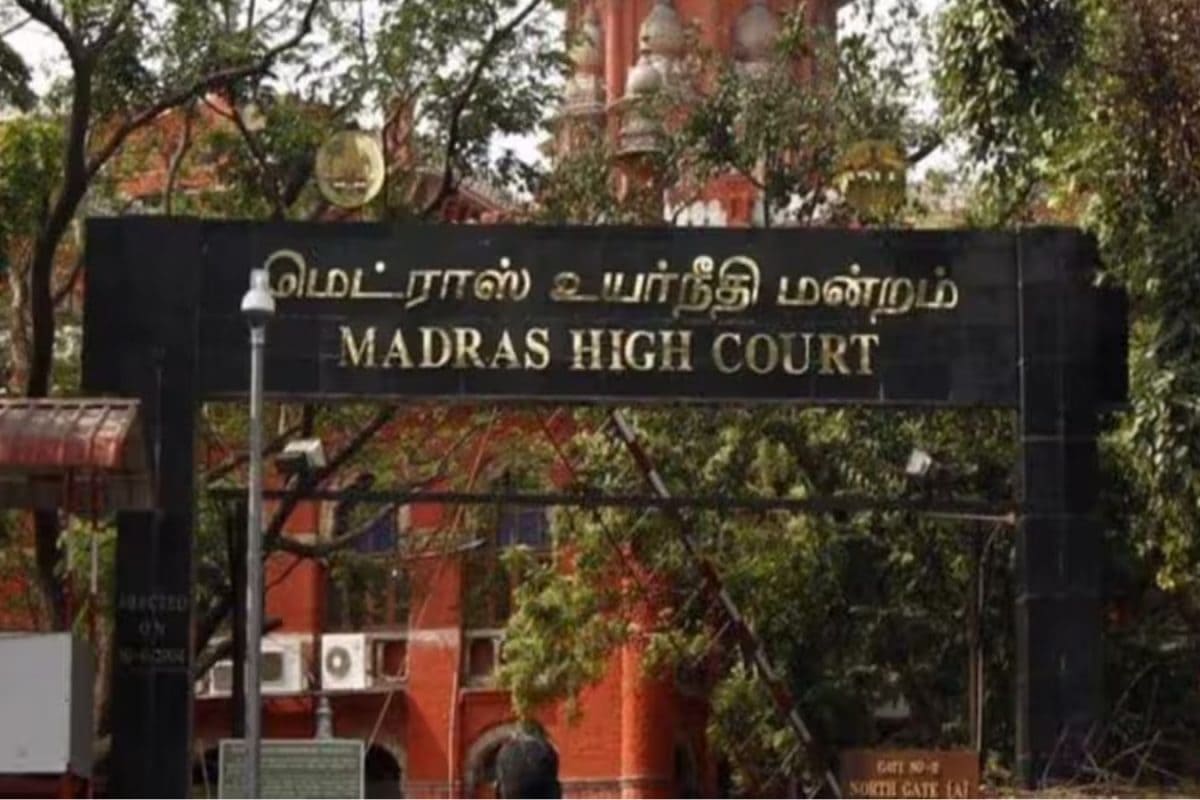

The Madras High Court has reduced the jail sentence of two women who were convicted of abetting the suicide of a 15-year-old girl. The court acknowledged that their actions contributed to the girl's death but also pointed to "internalised misogyny" stemming from a male-dominated society as a mitigating factor in their behavior.
The case dates back to August 2011 when the 15-year-old girl was admitted to a hospital with severe burn injuries. She gave a statement indicating she was in love with her 19-year-old neighbor, and their parents had agreed to the marriage. However, the boy's aunts strongly opposed the union. They went to the girl's house and verbally abused her with sexually colored remarks and threatened her, and told her that she should commit suicide. Unable to bear the abuse, the girl set herself on fire and later succumbed to her injuries.
Based on the girl's complaint and dying declaration, the trial court found the women guilty under Section 305 of the Indian Penal Code (IPC), which deals with abetment of suicide of a child. They were sentenced to three years of rigorous imprisonment and fined Rs. 2,000 each. The women then appealed to the High Court.
Justice Bharatha Chakravarthy, while upholding the conviction, noted mitigating factors and reduced the sentence. The court observed that the prosecution had successfully proven that the women scolded, threatened, and abused the girl in a manner that was unbearable for a child, leading her to take her own life. However, the court also considered the women's background and opined that their behavior stemmed from internalised misogyny, a product of a male-dominated society. The judge stated that they are conditioned to question the female without realizing they themselves are victims of such a mindset.
The High Court reduced their jail sentence to the period already served, which was 90 and 83 days respectively, and increased the fine from Rs. 2,000 to Rs. 20,000. The court highlighted that the women's conduct reflected deep-seated patriarchal attitudes and societal conditioning that lead women to blame other women, even when they are victims.
The Madras High Court has in the past, stated that mere abuses or a casual remark or words uttered in a fit of anger could not be termed as abetment and people named cannot be arrested and jailed. It also said that if a person's name is found in a suicide note, instead of straightaway treating him as an instigator for the tragic death, authorities should examine contents of the suicide note and the circumstances.